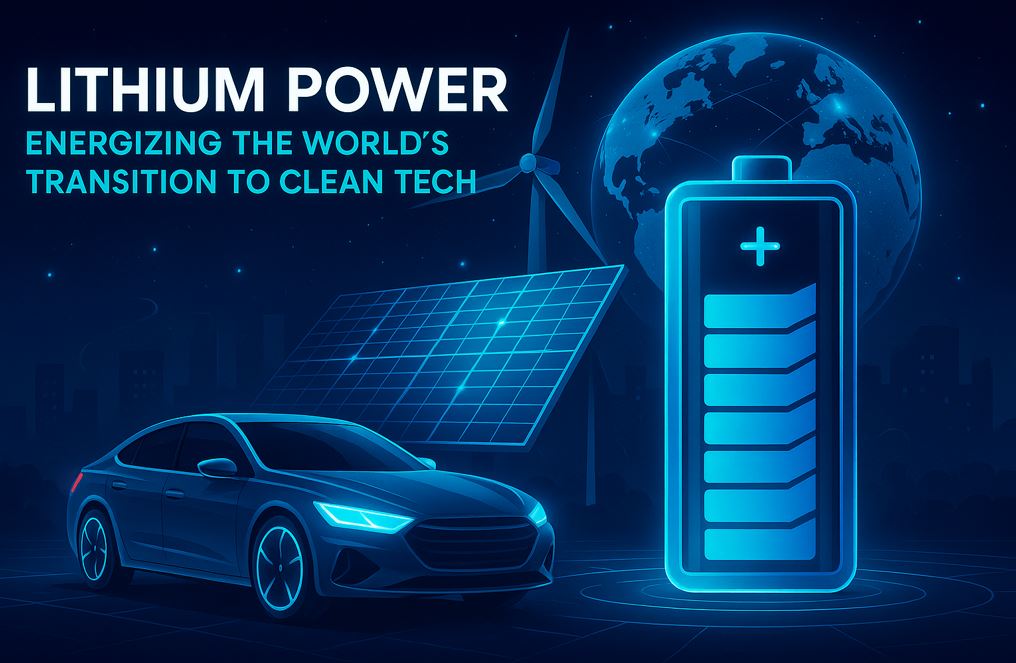When we talk about renewable energy, most people picture shiny solar panels on rooftops or giant wind turbines spinning across open fields. But here’s a question that doesn’t get asked nearly enough: how do we actually make sure that clean power is available when we need it? That’s where the conversation around Energy Storage Solutions comes in. Without reliable storage, the transition to renewables simply can’t succeed.
The Problem With “Use It or Lose It”
Renewables are fantastic, but they come with a catch—timing. Solar power peaks when the sun is high, and wind energy depends on unpredictable gusts. But our lives don’t run on nature’s schedule. We cook dinner after dark, factories run late shifts, and hospitals can’t afford even a moment without power.
Without storage, much of the clean energy we generate goes to waste. It’s a bit like growing a bumper crop of fruits and then throwing half of it away because you don’t have a fridge to keep it fresh. That’s why energy storage is not just useful—it’s essential.
Why Lithium Batteries Lead the Way
Among all the technologies available, Lithium Batteries have emerged as the most trusted option. They’re compact, efficient, and incredibly versatile. From powering your phone to backing up entire neighborhoods, lithium batteries are proving to be the backbone of modern storage.
Compared to older systems like lead-acid batteries, lithium offers faster charging, deeper discharging, and a much longer lifespan. This means lower replacement costs and more reliable performance over time. For homeowners with rooftop solar, it translates into real independence—keeping the lights on during outages and reducing reliance on the grid.
Beyond Homes: How Energy Storage Helps Everyone
The benefits of Energy Storage Solutions extend far beyond individual households. Cities and businesses are finding storage to be a game-changer. Utilities use large-scale battery systems to balance supply and demand, preventing blackouts during high-usage hours. Factories can save on electricity bills by storing cheap power at night and using it during the day when rates are higher.
And let’s not forget resilience. Natural disasters and extreme weather events are becoming more common. In such moments, having backup energy can mean the difference between recovery and chaos. Storage makes the entire energy network more reliable and less vulnerable to shocks.
The Economic Edge
Here’s something often overlooked: storage doesn’t just help the environment—it makes financial sense. As lithium battery prices continue to fall, investing in energy storage becomes increasingly affordable. Businesses can cut operational costs, households can save on bills, and countries can reduce their reliance on imported fossil fuels.
It’s not just about being green—it’s about being smart. Energy independence, cost savings, and stability all flow from the same source: effective storage.
Looking Into the Future
The future of clean energy isn’t just about generating more power—it’s about storing it wisely. Electric vehicles, for example, are essentially mobile batteries. As they become more common, they’ll connect with the grid, further boosting storage capacity. Pair that with renewable expansion, and the demand for Lithium Batteries and other advanced technologies will only rise.
We’re heading toward a world where energy storage isn’t a backup plan—it’s the main plan.
Conclusion
So, do we really need energy storage? The answer is a resounding yes. Without it, renewable energy can’t reach its full potential. Energy Storage Solutions ensure that power is available whenever we need it, while Lithium Batteries provide the efficiency and reliability to make it happen.
Energy storage isn’t just about keeping the lights on—it’s about creating a cleaner, smarter, and more resilient future. And the sooner we embrace it, the sooner we’ll unlock the true promise of renewable energy.


